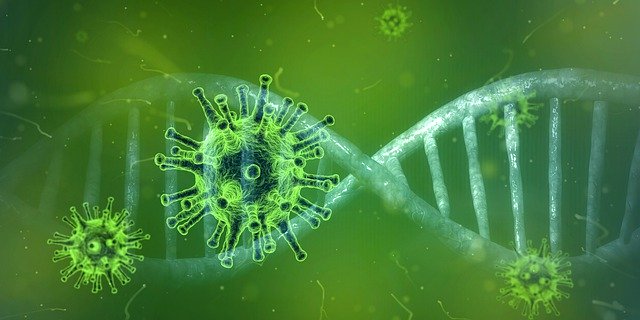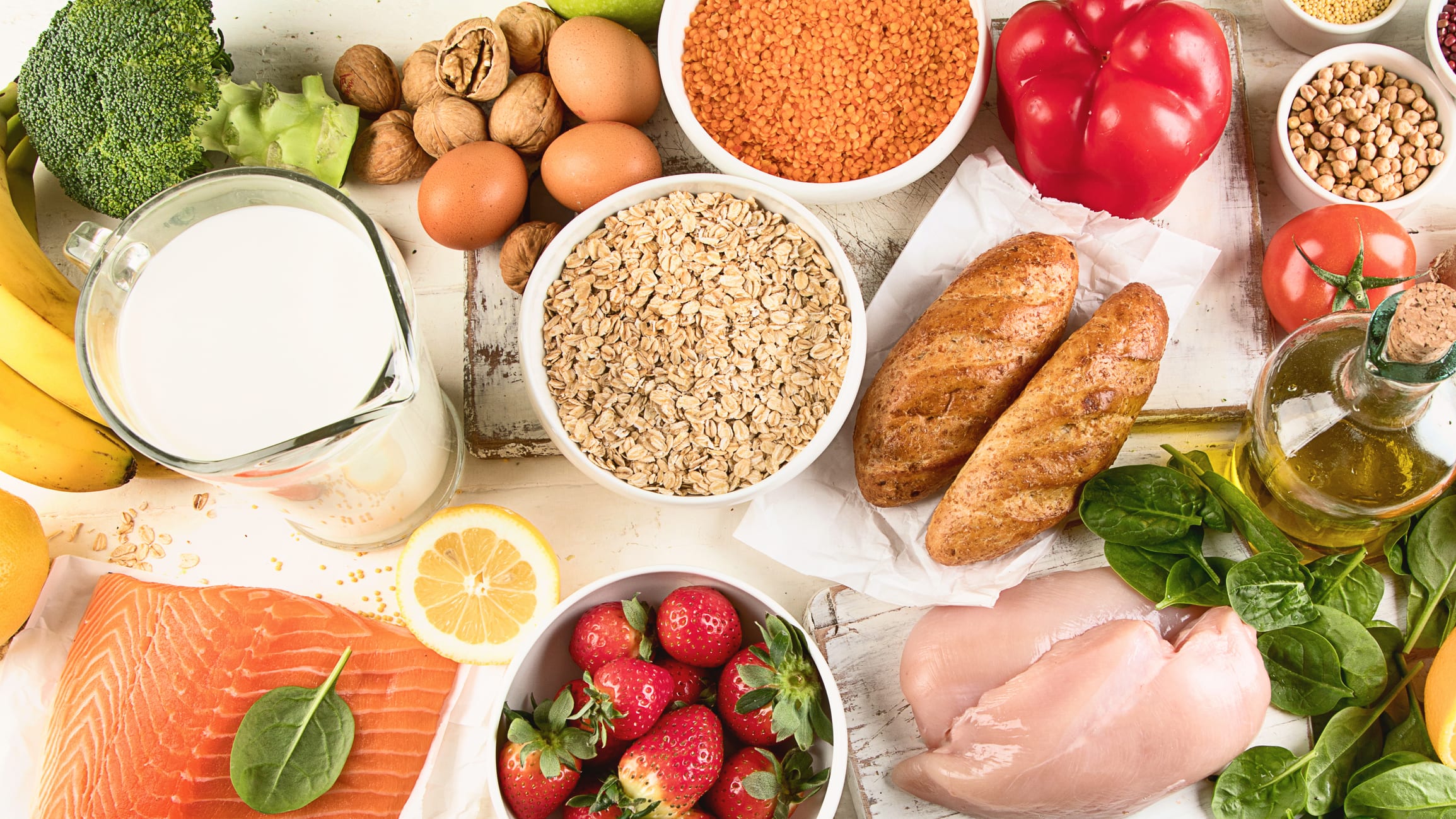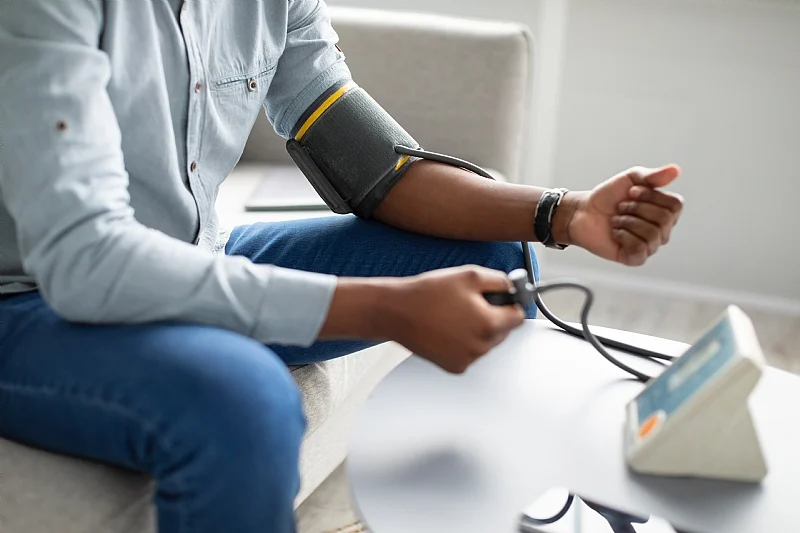Healthy kidneys get rid of the waste products of protein in the urine. When your kidneys are not working well, the level of urea and similar waste products can rise in your body. Many people have no symptoms from this, particularly in the earlier stages of chronic kidney disease (CKD). In more advanced CKD, a...





